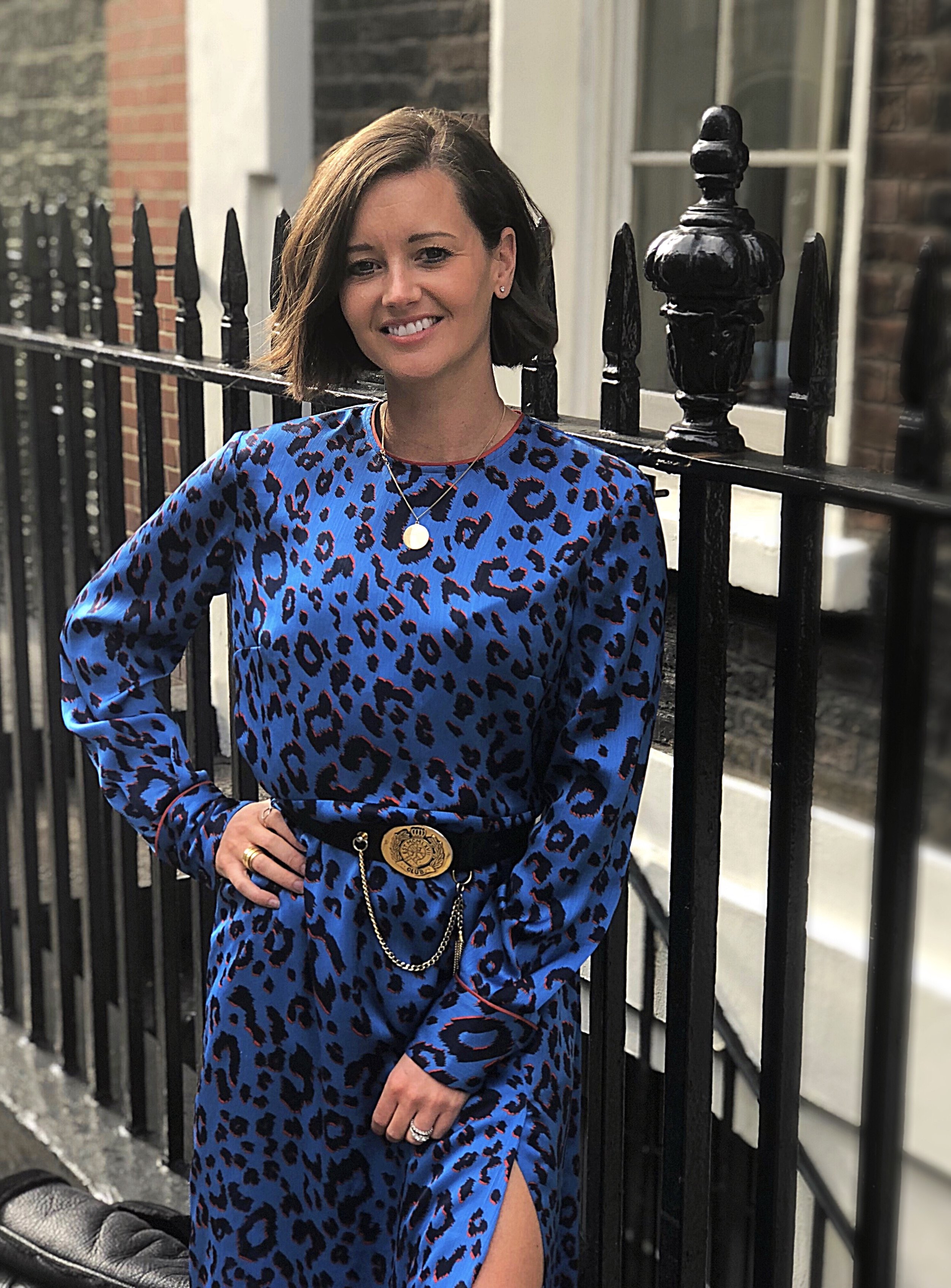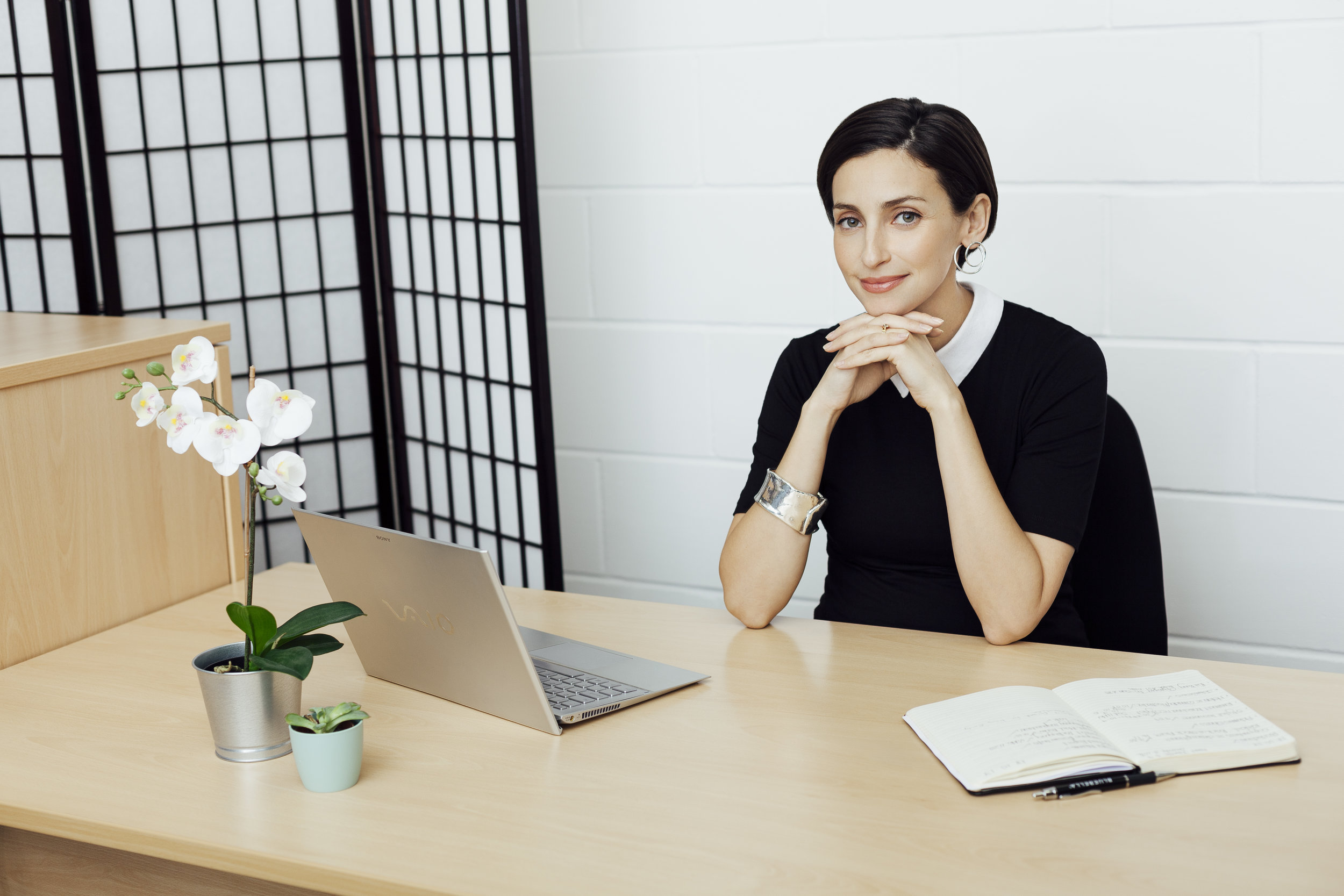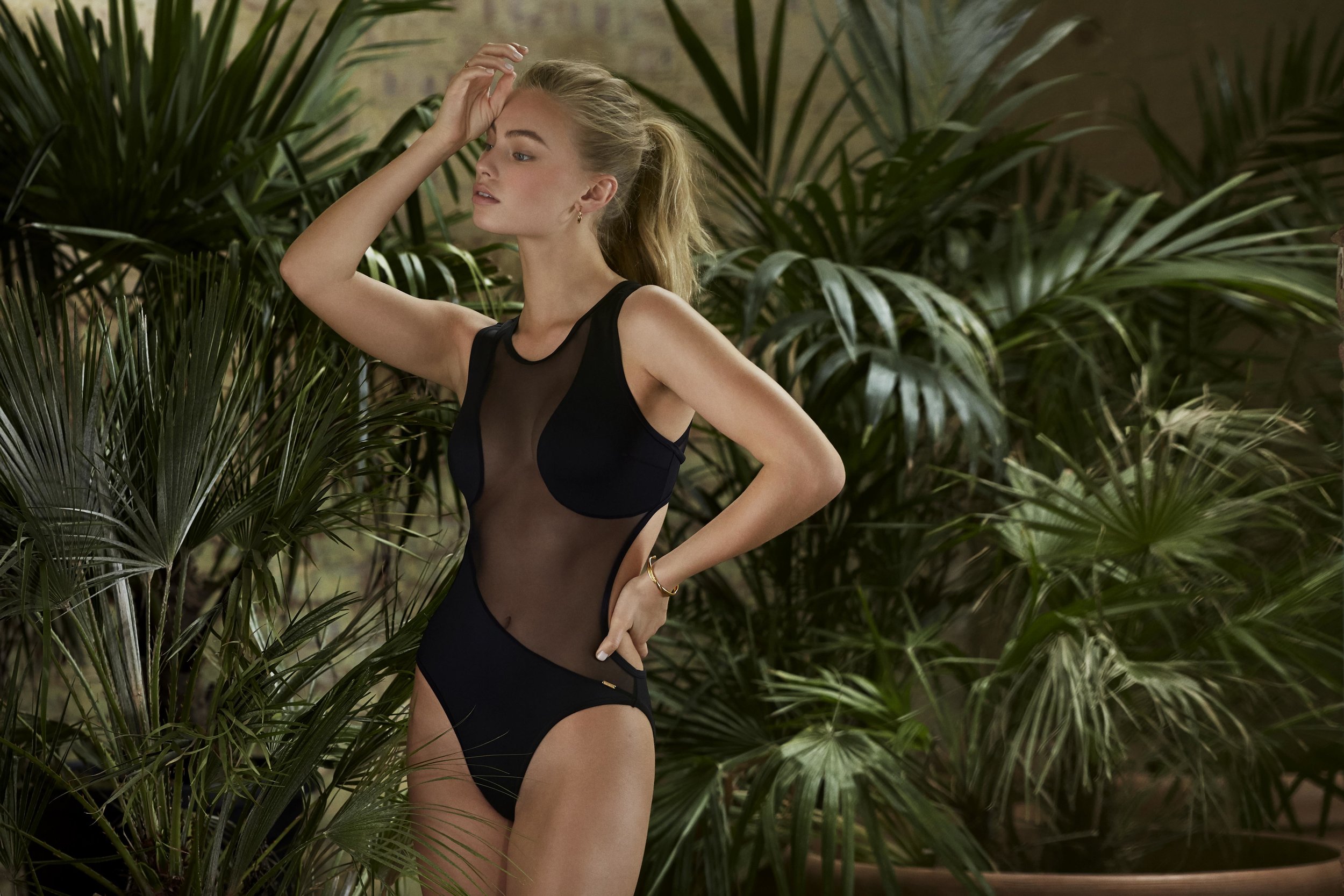Philippa Gee - The Roots of Brand Building
/Philippa Gee is the Founder and CEO of Fatty’s Organic Spirits, and we met for coffee at Soho House to talk about how she got it off the ground! In the interview we discuss the shift in consumer demand towards more conscious consumption as well as touch on the realities of leaving the stability of your job into the unknown of your own venture and the elements required to build a modern brand. Grab a tea or a G&T and read on…
Meet Philippa
Current Job Founder of Fatty’s Organic Spirits
First Job Glass collecting in my local pub (who now stock my gin)
Education First Class Sports Marketing Degree at University of Bath
Go to meeting spot Soho House
Necessary extravagance Travel
Favourite productivity tool A whiteboard!
Recent inspiration Stella McCartney’s desert island disc – I find what she is doing in fashion incredibly inspiring and has parallels to what I want to do for the gin industry in terms of being sustainable and environmentally friendly
What do you believe that most around you disbelieve That my nickname is Fatty!
What do you wish you could change in the world of business I wish I could come up with a thousand new gin flavours every month! Unfortunately, every single element takes such a long time to get right and to the launching stage, so I wish it didn’t take so long!
Favourite cocktail Right now it is a gin martini
The Journey
Can you tell us more about your career before founding Fatty’s Organic Gin? What lessons have you learnt that you apply to your own business?
I’ve always been sports focused having studied it at University and subsequently spending 8 years at an international sports agency. Gin began as a passion and was a hobby of mine, it was something that allowed me to be in control and creative, however, since transitioning to full time I realise the numerous crossovers between launching a new product and my old job. It all comes down to brand building, the marketing, being public facing and crafting the messages that you want to get out there. That is what I was doing for athletes and although there is a difference between a person and a product, the process ends up being similar! So my background has actually helped a lot.
What was the best piece of advice you have been given?
Kick on
A saying from my mum. Life and business can sometimes be hard, but when it gets tough you’ve just got to get your head down and well, kick on.
How have you funded the business to date, and do you have any advice for those struggling to think about getting their venture off the ground?
The business has been bootstrapped to date since launching in November 2017. Before I left my old job, I hustled every weekend and every evening working on Fatty’s - that is when you realise there are 7 days not 5 days in a week, and there are 24 hours in a day. I can’t recommend enough the benefits of de-risking your idea and getting as far as you can before leaving the stability of your job. Of course, there comes a point where you need to spend a lot more time on the business and at that inflection point I went full time. I also advise putting a plan in place right at the beginning of your venture, but be aware it might not always go to plan! For Fatty’s I did a soft launch, where I spoke to all of my customers and made any changes I felt were right for the product. I think this step is really important before you announce yourself and your venture to the world and to investors. When you know your product inside and out and believe there is a market for it, you are in a much stronger place to grow into that market and go and get investment.
Fatty’s Organic Gin
First off – the name! Can you explain how you came up it?
I am 5’1 and tiny. I’m the youngest of four siblings and they have called me Fatty my whole life. It is just my nickname, to the point where that’s even what I’m saved under in their phone contacts! For me it was the obvious name when I created my gin, a few doubted me, but I’m so pleased I’ve gone with it. It is also pretty different to all of the other gin names on the market and I have so many customers comment that they also have the same nickname!
Tell us about the journey that you have gone on since founding the company?
I’ve always loved and enjoyed drinking gin, it’s been my go to drink and the only thing I have ever really drunk. I was frustrated that I was aware of the quality of food I was eating and even the beauty products I was using, but with alcohol you just seemed to buy it without thinking about the ingredients. Everything in gin grows out of the soil, so if you don’t want to buy vegetables sprayed with chemicals why would you want that in your gin? Quality ingredients make a huge difference to the taste and smoothness of gin, so being organic really does make for a much better gin. Wine is leading the way in the organic alcohol industry, the same awareness in spirits isn’t there yet, but I am working on changing that!
My gin making began as a hobby and soon extended to friends and family enjoying it. I began to work with the Soil Association to access everything I needed in its certified organic form – it wasn’t easy but not impossible. Being certified 100% organic stands me apart. It is not just about organic ingredients however, Fatty’s is made in a copper pot still with no cross-contamination with anything that isn’t organic, and my packaging uses organic ink and is as sustainable and environmentally friendly as I can make it. People told me I was mad as a start-up as it certainly isn’t cheaper to go down this route, but it is the DNA of the company and so important to me.
More and more people are becoming aware of their alcohol consumption and are becoming aware of the difference drinking organic makes. Millennials are also drinking much less than any other generation and Fatty’s fits in with all these movements, our ethos is drink less, but drink better.
We have an exciting new product launching early 2019 that is going to appeal to a whole new audience of gin drinkers, which I am super excited about. More details to come soon!
Can you talk us through your thought process and what goes in to the final product and details of building a brand?
The physical product came naturally to me but the branding was much harder. I worked closely with my brother who is a graphic designer who helped me with colours and fonts. Be prepared to spend hours with pantone books! Instagram has been a fantastic tool to extend the brand beyond the bottle and the gin – I can put my message out there and educate consumers on why Fatty’s Organic Gin is different and unique.
What is your vision for the company?
I want to be known as the best organic spirits company. I am the cleanest and best you can drink!
Women In Business
What advice would you share with women in the early stages or thinking about launching their own venture?
It is a tough personal journey; try and surround yourself with people who are actually in a position to help you. Ideally individuals who have been in your position and have time to have a conversation and help you navigate the integral issues you face. Equally, keep that group small as you don’t want to be over advised and lose your gut instincts about your business.
What personal qualities do you attribute most to your success?
Stubbornness - once I make a decision I know that’s what I am working towards and I won’t stop.













![fashion psychology[1].jpg](https://images.squarespace-cdn.com/content/v1/56101079e4b09d0f911bc05a/1526035908324-HEBE28LFAZLIDZ2SHJ6I/fashion+psychology%5B1%5D.jpg)
![Anabel_Maldonado[1].JPG](https://images.squarespace-cdn.com/content/v1/56101079e4b09d0f911bc05a/1526035849403-G8A0M5UASCIDO43QTCGD/Anabel_Maldonado%5B1%5D.JPG)

















![Unknown-18[1].jpeg](https://images.squarespace-cdn.com/content/v1/56101079e4b09d0f911bc05a/1515428529846-ZGKX70B4FQX49EA6VJCI/Unknown-18%5B1%5D.jpeg)


![FullSizeRender[5].jpg](https://images.squarespace-cdn.com/content/v1/56101079e4b09d0f911bc05a/1515259980556-SU3MVK4S137TPHLUZF3Q/FullSizeRender%5B5%5D.jpg)
![FullSizeRender[1].jpg](https://images.squarespace-cdn.com/content/v1/56101079e4b09d0f911bc05a/1515259952430-BNYJJ04TPOEWEVTED6S3/FullSizeRender%5B1%5D.jpg)
![FullSizeRender[2].jpg](https://images.squarespace-cdn.com/content/v1/56101079e4b09d0f911bc05a/1515259920052-U464LIWM9VLZRXZIFLG6/FullSizeRender%5B2%5D.jpg)
![FullSizeRender[4].jpg](https://images.squarespace-cdn.com/content/v1/56101079e4b09d0f911bc05a/1515260048451-JF9BS8L5S7DACNUCBOE1/FullSizeRender%5B4%5D.jpg)

![FullSizeRender[3].jpg](https://images.squarespace-cdn.com/content/v1/56101079e4b09d0f911bc05a/1515260076020-9H6R3W0PPKX1VXANHIUH/FullSizeRender%5B3%5D.jpg)









